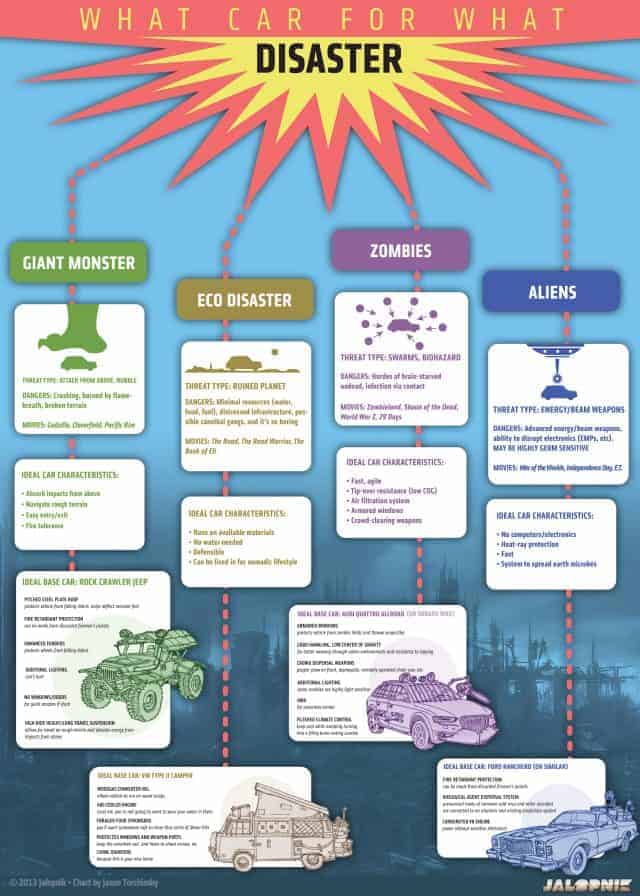The Future Of Home Heating - How Heatpump Innovation Is Developing
The Future Of Home Heating - How Heatpump Innovation Is Developing
Blog Article
Article By-Merritt Dominguez
Heat pumps will certainly be an essential modern technology for decarbonising heating. In a scenario regular with governments' announced energy and environment dedications, their international capacity increases by 2030, while their share in heating rises to one-quarter.
They work best in well-insulated homes and count on electrical power, which can be provided from a sustainable power grid. heat pump service near prebbleton are making them extra reliable, smarter and less costly.
Gas Cells
Heat pumps use a compressor, cooling agent, coils and followers to move the air and warm in homes and appliances. They can be powered by solar power or electrical power from the grid. They have been gaining appeal because of their inexpensive, peaceful operation and the capacity to generate electrical energy throughout peak power demand.
Some business, like IdaTech and BG MicroGen, are working with gas cells for home heating. These microgenerators can replace a gas boiler and generate several of a home's electrical requirements with a link to the power grid for the rest.
Yet there are reasons to be skeptical of using hydrogen for home heating, Rosenow claims. It would certainly be costly and ineffective contrasted to other modern technologies, and it would contribute to carbon discharges.
Smart and Connected Technologies
Smart home modern technology permits homeowners to link and manage their devices remotely with the use of smart device applications. For instance, clever thermostats can discover your home heating preferences and instantly adapt to enhance energy usage. Smart lights systems can be managed with voice commands and automatically shut off lights when you leave the area, minimizing energy waste. And smart plugs can keep an eye on and handle your electrical usage, permitting you to recognize and restrict energy-hungry home appliances.
The tech-savvy house illustrated in Carina's meeting is a great illustration of just how residents reconfigure area heating techniques in the light of brand-new clever home innovations. They depend on the devices' automated attributes to accomplish everyday changes and concern them as a practical means of conducting their home heating practices. Thus, they see no reason to adapt their methods additionally in order to enable adaptability in their home energy need, and interventions focusing on doing so may face resistance from these houses.
Electrical energy
Because warming homes accounts for 13% people discharges, a switch to cleaner choices could make a large difference. But the innovation deals with obstacles: It's costly and needs comprehensive home improvements. And it's not constantly suitable with renewable energy sources, such as solar and wind.
Till recently, electric heatpump were too expensive to take on gas models in most markets. Yet new innovations in layout and materials are making them extra affordable. And better chilly environment performance is enabling them to function well also in subzero temperature levels.
The next action in decarbonising home heating may be the use of heat networks, which draw warmth from a central resource, such as a close-by river or sea inlet, and distribute it to a network of homes or buildings. That would decrease carbon discharges and enable homes to capitalize on renewable energy, such as eco-friendly electricity from a grid provided by renewables. This option would certainly be less pricey than switching to hydrogen, a nonrenewable fuel source that needs brand-new infrastructure and would only lower carbon dioxide emissions by 5 percent if coupled with improved home insulation.
Renewable resource
As electrical power prices go down, we're starting to see the same pattern in home heating that has actually driven electric automobiles into the mainstream-- yet at an even quicker speed. https://docs.google.com/spreadsheets/d/1D6kgEy5QWqQx5EXE_4UwV83XbB3ozUVKZqtp-17o7qw/edit?gid=577327731#gid=577327731 for electrifying homes has been pushed additionally by brand-new research study.
Renewables account for a significant share of contemporary heat consumption, but have actually been given restricted plan attention around the world compared to other end-use industries-- and even less attention than electrical power has. Partially, this reflects a mix of consumer inertia, split incentives and, in numerous nations, aids for fossil fuels.
New innovations might make the shift simpler. For instance, heatpump can be made more energy effective by replacing old R-22 refrigerants with new ones that do not have the high GWPs of their precursors. Some experts likewise visualize area systems that attract warmth from a nearby river or sea inlet, like a Norwegian fjord. The warm water can after that be used for cooling and heating in a neighborhood.